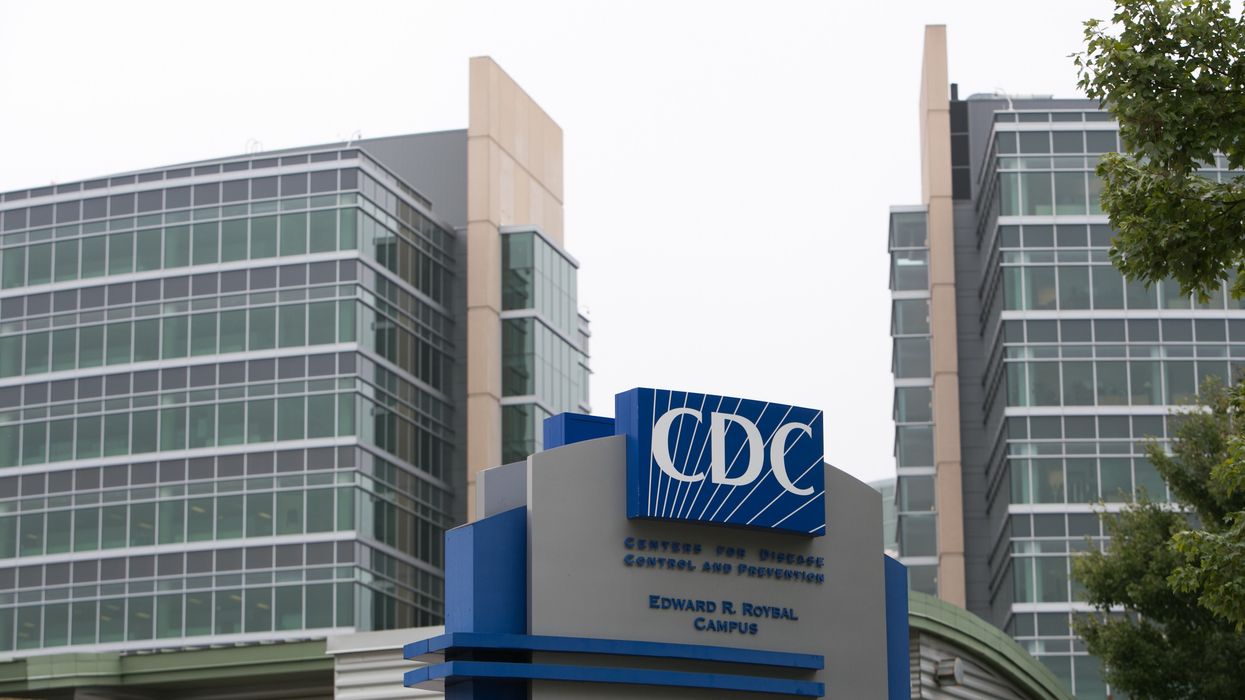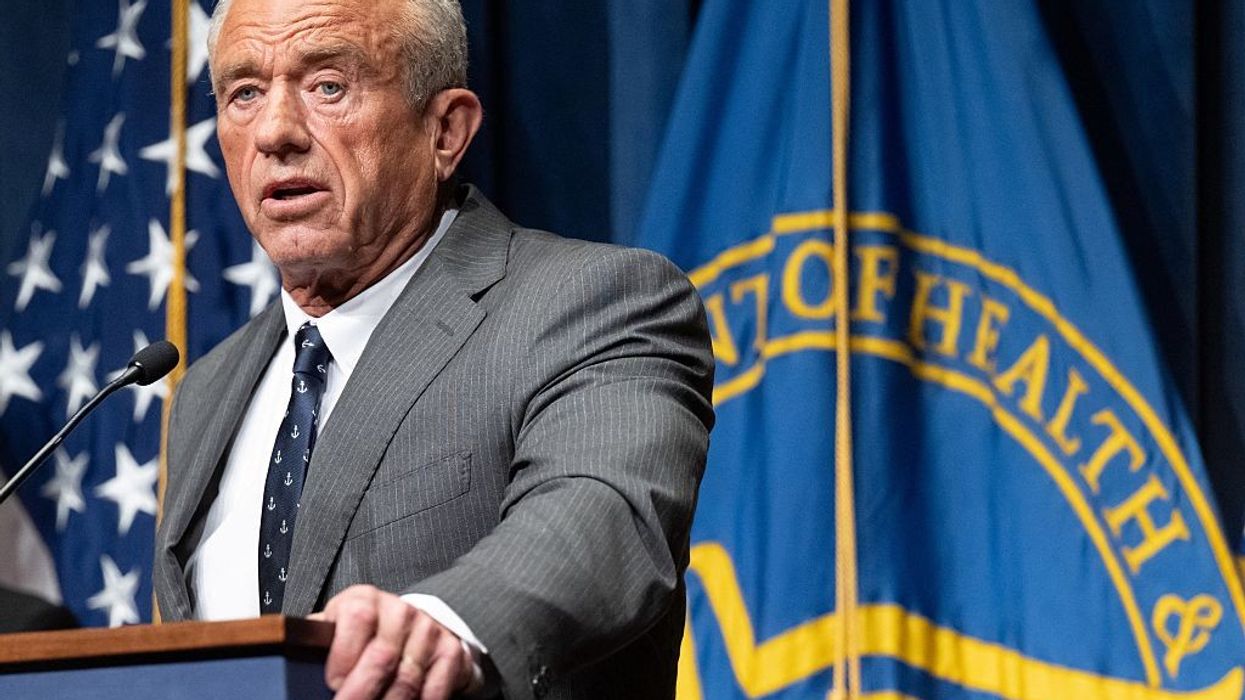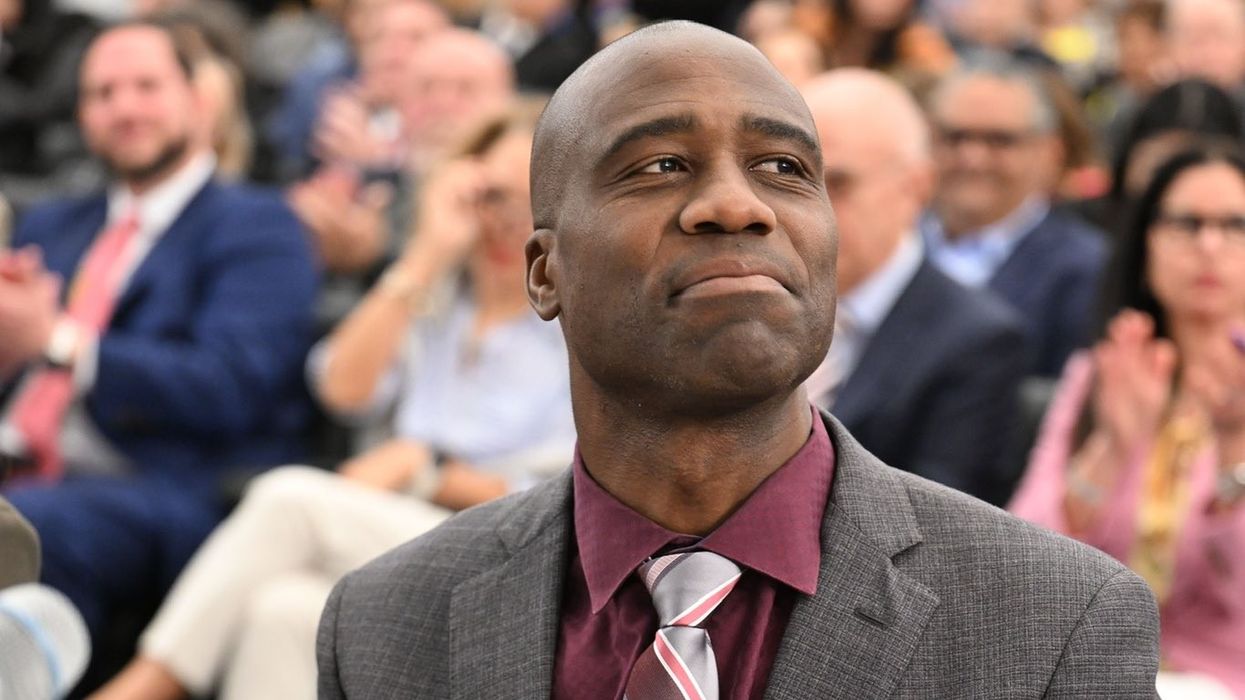'It's a Disaster': Medical Experts Horrified by Trump Administration 'Friday Night Massacre' at CDC
"Say goodbye to federal public health in any capacity," warned one expert. "We won't recover."
The Trump administration has carried out mass layoffs of federal public health officials that experts warn will leave the US dangerously unprepared to handle disease outbreaks.
As reported by The New York Times, the layoffs at the Centers for Disease Control and Prevention (CDC) carried out on Friday night were deep and wide-ranging, and included employees and leaders "in offices addressing respiratory diseases, chronic diseases, injury prevention, and global health."
The administration laid off the entire CDC office in Washington, DC, as well as the staff of the Morbidity and Mortality Weekly Report, a publication founded in 1930 that has been credited with the first reporting in medical literature on the disease that would come to be known as AIDS in 1981.
In addition to this, several dozen Epidemic Intelligence Service officers, commonly known as "disease detectives" who track outbreaks across the world, received their termination notices.
Dr. Jeremy Foust, an emergency physician at Brigham and Women's Hospital in Boston and an assistant professor at Harvard Medical School, reported in a post on his personal Substack newsletter that CDC insiders are estimating that "between 1,100 and 1,300 employees are being cut" by the Trump administration.
Other public health experts reacted with horror to news of the terminations.
Dr. Catharine Young, a senior fellow at the Harvard TH Chan School of Public Health, described the layoffs as a "Friday night massacre" and warned of severe repercussions for both US citizens and the entire world.
"This isn’t streamlining the government—it’s dismantling our ability to detect and respond to outbreaks before they spread," she wrote in a post on X. "You can’t cut your way to safety."
Dr. Angela Rasmussen, a US-born virologist who works at the Vaccine and Infectious Disease Organization at the University of Saskatchewan in Canada, wrote that the CDC "is being eviscerated right now" and painted a dire picture of what that means for public health.
"America is not going to have any kind of outbreak response capacity after tonight," she explained on Bluesky. "Americans’ health data is no longer secure. Say goodbye to federal public health in any capacity. It’s a disaster. We won’t recover."
Dr. Abdul El-Sayed, a physician and politician who is running to be the Democratic nominee for the US Senate in Michigan, said that the layoffs made it much more likely that deadly diseases such as the ebola virus would spread unchecked.
"10 years ago, Ebola ravaged through Guinea, Liberia, and Sierra Leone—it made landfall here," he wrote on X. "Ebola is spreading in the Democratic Republic of Congo right now. What stands between us and Ebola if it keeps spreading? The folks at CDC who [President Donald] Trump and [Office of Management and Budget Director Russell] Vought are using this shutdown to eliminate. Dumb shit."
Dr. Michelle Au, an anesthesiologist and Democratic Georgia state representative, noted that the CDC layoffs come as the US "is now barreling into respiratory season—when viruses like flu, COVID, and RSV surge—flying blind."
"It’s always harder to build things than to break them," she observed. "And breathtakingly easy to destroy the things you don’t value, let alone understand."


